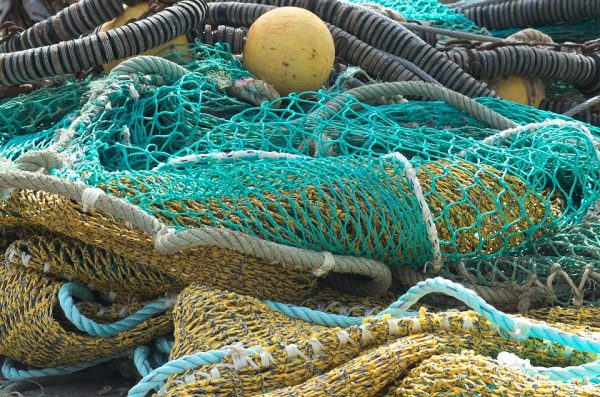The Killybegs Fishermen’s Organisation has welcomed the outcome of the Council of Fisheries Ministers, which finished early this morning, as generally positive but stated it again underlines the imperative to have fisheries and the wider trade inextricably linked in the phase two Brexit negotiations.
A favourable result was achieved on Celtic Sea demersal stocks such as cod, haddock, whiting and nephrops as well as Celtic Sea herring.
Hoqwever, the KFO reemphasised the fear which preoccupies Irish fishermen with the future viability of the Irish industry hinging on a fair and favourable conclusion to phase two Brexit talks.
Brexit cast a long dark shadow over this Council of Ministers with it now more critical than ever that that next mandate to be decided by Heads of Government includes the cast-iron stipulation that fisheries negotiations and the wider trade negotiations are fully linked.
Commenting at the conclusion of the Council, KFO Chief Executive, Seán O’Donoghue said prior to the Council meeting, they had set out their concerns regarding certain demersal stocks such as cod, haddock, whiting in the Celtic Sea and nephrops in ICES area VII as well as for pelagic stocks of Celtic Sea herring.
He said “I have stated many times that when the state of the stock so requires, there must be reductions in the fishing opportunities for particular stocks. However, I had rightly contended, that a number of the reductions proposed on some of our key stocks, were unjustifiable and arbitrary. Moreover, they were contrary to the Commission’s own stated position and entirely unacceptable.
“I am pleased that this has been corrected and factored into the final outcome. The increases in haddock and monkfish in the North West and in horse mackerel, blue whiting and Albacore tuna should also be acknowledged and while the mackerel cut of 20% was indeed disappointing, it was to be expected as it was already decided at the Coastal States last October. I would like to recognise the role and commitment of Minister Creed and his officials in working closely with us, taking on board our concerns and delivering a sustainable and economically viable package of measures for 2018.”
“All that said, I cannot emphasise the worry faced by Irish fishermen, as well as our colleagues in the eight other member countries of the European Fisheries Alliance, as Britain and its Environment Secretary, Michael Gove continue to enunciate the protection of the UK’s fishing industry to prevent the EU using transition arrangements to impose what it calls ‘unfair quotas.’
“Our Minister, Michael Creed must insist on fisheries and wider trade remaining joined at the hip. Our geographic location, existing arrangements and high dependency on Britain means that we are perilously positioned if our Government doesn’t negotiate extremely effectively on our behalf,” said Mr O’Donoghue.
The Irish industry faces devastating consequences if fisheries aren’t made a top priority by the Irish Government in the next round of talks. 11,000 jobs are sustained in coastal areas by the Irish seafood industry which is worth just over €1.1billion.
UK Minister for Fisheries, George Eustice, has previously stated that “British fishermen will catch hundreds of thousands of tonnes more fish after Brexit” and with Ireland sharing 47 out of its 50 Total Allowable Catches (TACs) and quotas stocks with Britain, it stands to reason that Ireland will suffer disproportionately if negotiations on fisheries are separated from wider trade negotiations.
Tags:







